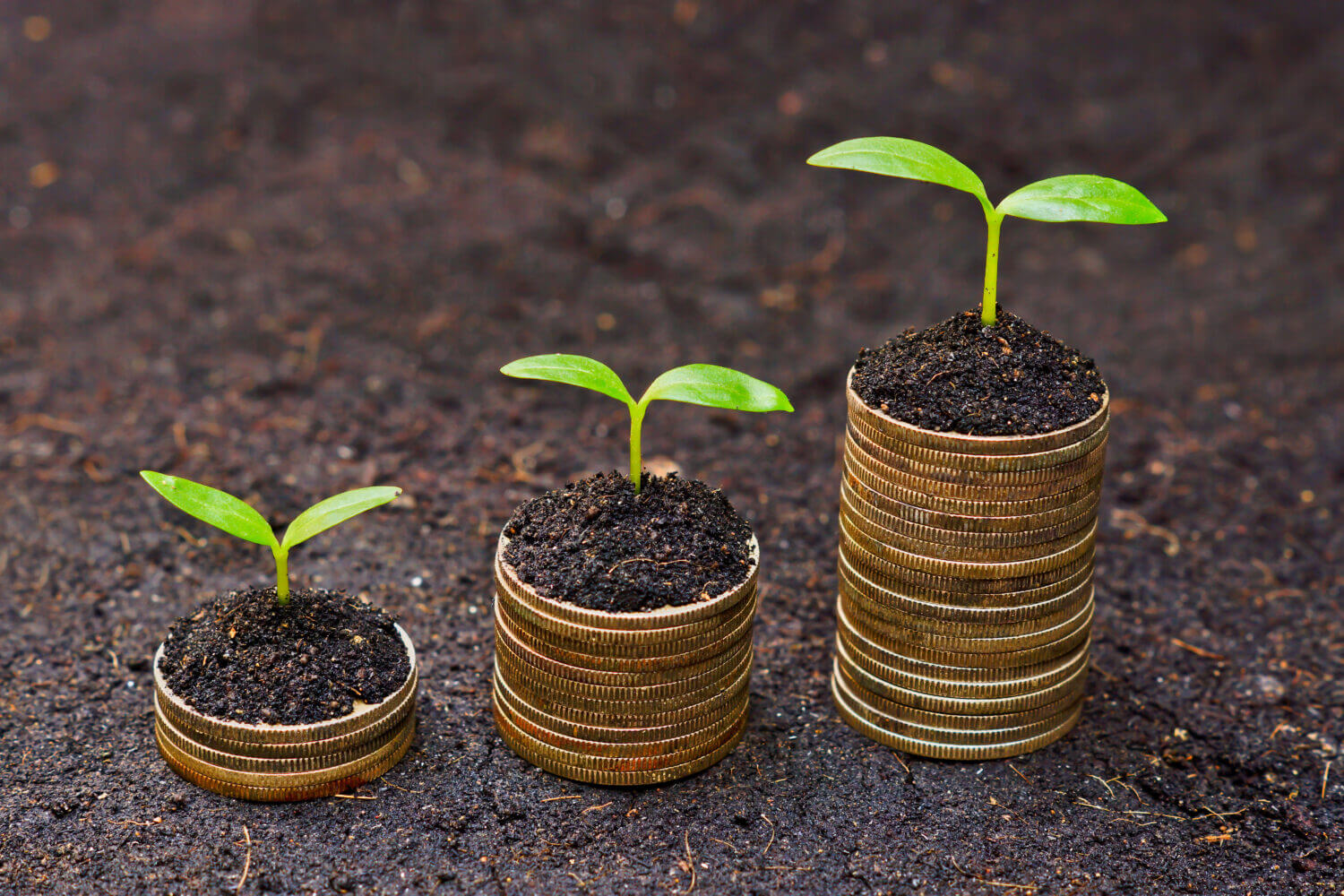The pros and cons of Vanguard’s new sustainability ETFs
The good news is the ETFs are dirt cheap. But some sustainable investors won't like what's in them.
Advertisement
The good news is the ETFs are dirt cheap. But some sustainable investors won't like what's in them.

RELATED: Bond options for the socially responsibleThey have an expanded negative screen that eliminates fossil fuel companies in addition to the regular ‘sin stocks’ like tobacco, weapons (including all guns), and adult entertainment. It seems to apply just to oil and gas and coal companies, but not to derivative industries like pipelines. I’m also happy to see that it excludes companies with poor diversity standards since there is a clear correlation between diversity and profitability. What I don’t like These ETFs won’t go far enough for many of my clients (including myself). There are still some companies inside that are a ‘thumbs-down’ for me from an ethical perspective. The most obvious ones are in the International one (VSGX). For instance, Nestle, Enbridge, and TransCanada are all problem companies for me. There are lots more troublesome companies inside the ETFs, and these will vary person to person. My point here is that the methodology ignores major environmental issues like bottled water, fracking, and pipelines that are deal-breakers for me personally. Investors should look through the list of companies to determine if there are any deal-breakers for them.
RELATED: Can Couch Potatoes be socially responsible?These ETFs are both traded in US dollars, which is a small headache for Canadian investors. It means they are less tax-optimal inside a TFSA or RESP, and people need to use Norbert’s Gambit in order to avoid the crappy currency exchange rate that you’ll otherwise get dinged by. Still, I’m so very happy that these ETFs exist. It provides yet another option for sustainable investors and will hopefully force other ETFs to lower their management fees to compete. Timothy Nash is an economist and expert on socially responsible investing, impact investing, and the green economy. He is also the lead researcher for the Ethical Market’s Green Transition Scoreboard research report and blogs as the Sustainable Economist at www.sustainableeconomist.com.
Share this article Share on Facebook Share on Twitter Share on Linkedin Share on Reddit Share on Email